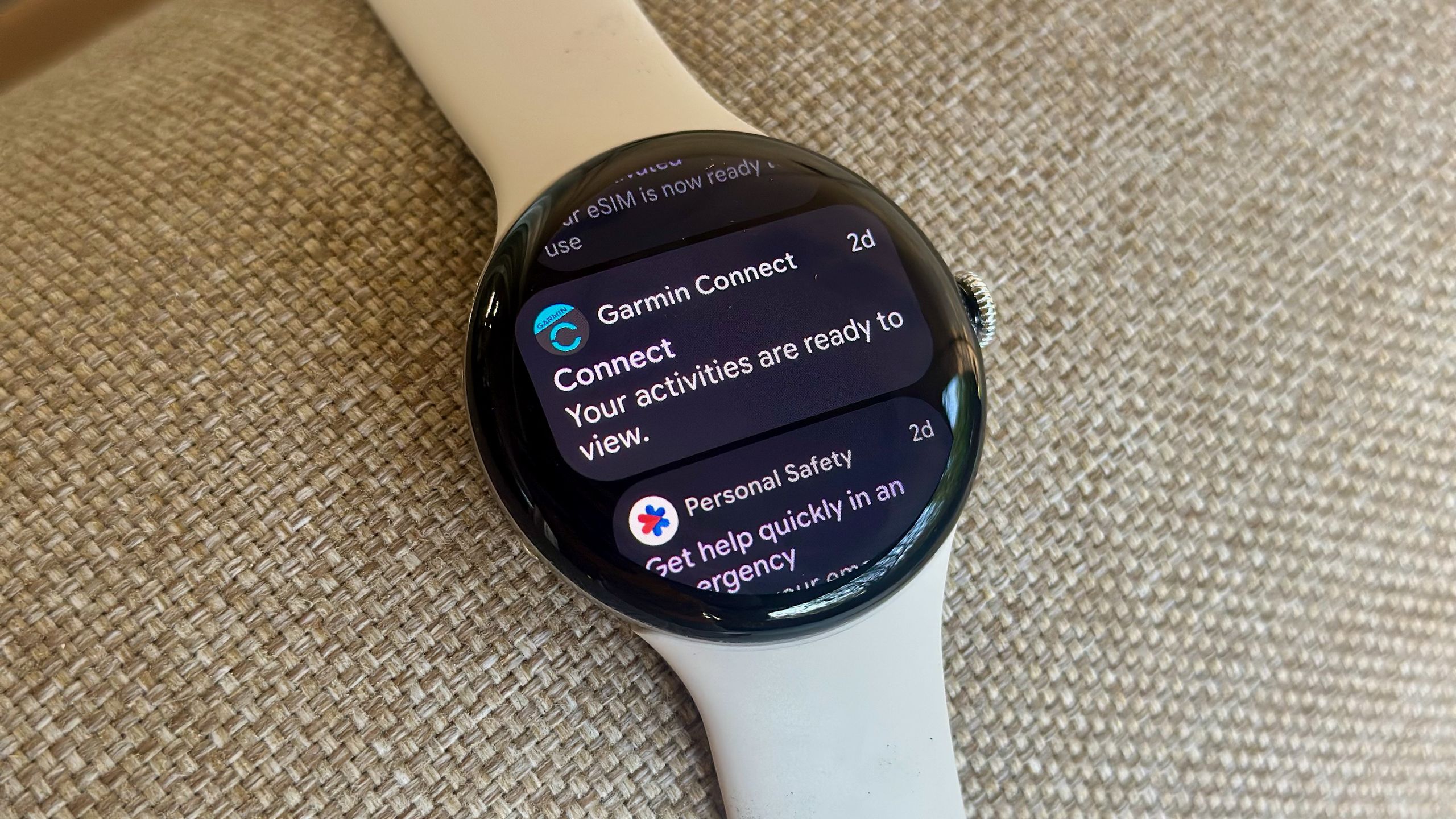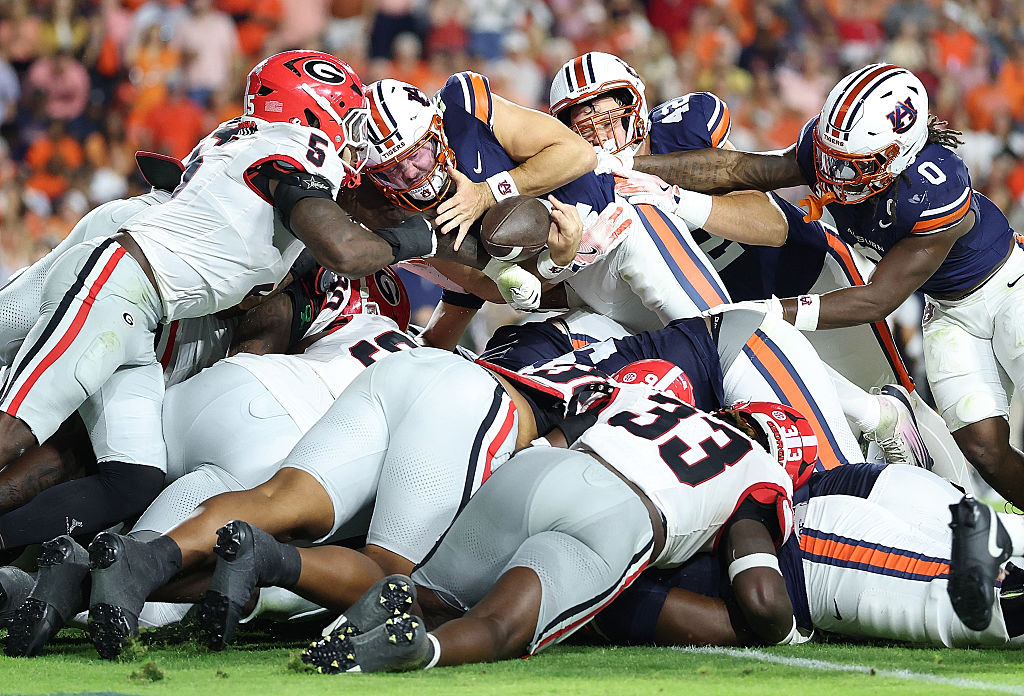Strava appears to be retreating in its clash with Garmin. A new email to developers shows it will now adopt Garmin’s attribution requirements, the very same rules it had previously called unreasonable. So was all the noise really worth it?
The feud over attribution just escalated again
This latest twist follows weeks of backlash and confusion after Strava filed a lawsuit accusing Garmin of copying features and violating a partnership agreement. At the time, Strava’s messaging shifted attention to what it called unfair demands from Garmin, including claims about logo placement on user activity posts.
Now it’s enforcing those same rules. In an email sent to developers, Strava announced that any apps pulling data from Garmin devices through the Strava API must follow Garmin’s new branding requirements starting November 1. This includes downstream platforms that don’t connect directly to Garmin, but still receive derived data. Strava’s API Agreement has been updated to reflect this.

This policy change hasn’t gone unnoticed. Many users are calling it a climbdown. Some are already treating it as a de facto admission that Garmin’s attribution terms were never as aggressive as Strava implied.
The hypocrisy angle is fuelling user backlash
A major reason this shift is being seen as a reversal has to do with Strava’s own recent behavior. Earlier this year, it began requiring third-party developers to attribute Strava when using its data. Now it’s taking issue with Garmin asking for the same thing.
That hasn’t sat well with the community. One Reddit comment summed it up bluntly: “Nobody loves hypocrisy like an angry cyclist.” Others pointed out that Garmin doesn’t even require branding to appear in the form of a logo. A short sentence identifying the device source is enough. Garmin even allows developers to choose the format, offering logo use as just one option.
“The Garmin API Brand Guidelines are designed to help developers represent the Garmin brand accurately and responsibly while enabling seamless, meaningful connections between the developers’ platforms and Garmin products. You’ll find requirements for Garmin attribution on title-level displays, secondary screens, exported data, derived data, and social media.”
The bigger frustration is that this entire fight may have been avoidable. By drawing attention to the attribution terms and then enforcing them itself, Strava risks looking reactive instead of strategic.
What’s next for the lawsuit and the community
The original legal complaint still stands. But some now believe Strava will look for a quiet way to wind it down. The patent infringement claims were always a stretch in the eyes of many users, and the contract dispute now feels overshadowed by public relations damage.
Essential reading: Top fitness trackers and health gadgets
There’s also speculation that this saga could impact Strava’s long-term plans, including a possible IPO. If nothing else, it has exposed a gap between how Strava sees itself and how many of its users see it. Strava positions itself as a platform with its own brand identity. But most users still see it as a layer that sits on top of their Garmin, Apple, Wahoo or Coros devices.
With November 1 approaching, developers will be forced to implement Garmin’s attribution requirements whether they like it or not. That means every app showing Garmin data will now need to call it out explicitly. This could eventually result in other brands asking for the same treatment. If that happens, Strava might find itself building a product that simply looks like a sponsored feed of wearable brands.
That wasn’t the intention. But the outcome may now be hard to avoid.
Subscribe to our monthly newsletter! Check out our YouTube channel.
Source link


